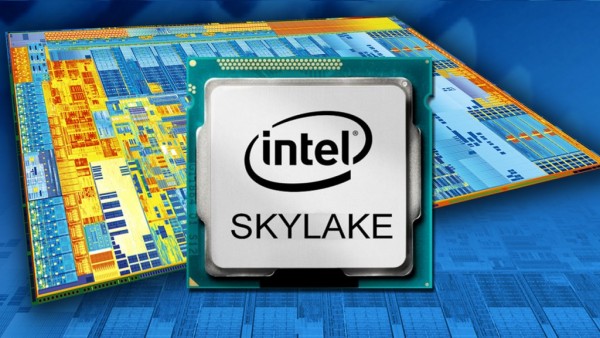Last year, Microsoft announced that Windows 7 and Windows 8.1 would only have support for Intel’s new Skylake CPUs for a limited time. Initially, support for Intel’s latest platform was due to end on older operating systems in 2017, then a while later, Microsoft extended its support deadline to 2018. Now, the deadline is being scrapped altogether and Skylake CPUs will continue to be supported on Windows 7 and Windows 8.1 until they hit end of life.
The most alarming part about Microsoft’s initial support deadline for Skylake was that the processors had only just launched. Fortunately, it seems that Intel stepped in and agreed to help continue support.
In a new blog post titled “Updates to Silicon Support Policy for Windows”, Microsoft explained that the change in direction was made possible by Intel and OEM partners who agreed to perform security update validation testing and upgrade testing on Windows 7 and Windows 8.1 until both hit their end of support dates.
So those running a Skylake machine with Windows 7 will get support until the 14th of January 2020, a huge extension from the original June 2017 deadline. Windows 8.1 users will get support until the 10th of January 2023.
Discuss on our Facebook page, HERE.
KitGuru Says: It seemed a bit bizarre for Microsoft to announce that it wouldn’t be supporting Skylake on two of its older operating systems so soon after the processors released. However, it looks like we don’t have to worry about that anymore. Are any of you currently running a Skylake CPU on Windows 7 or Windows 8.1? Were you concerned at all about Microsoft’s initial support deadlines?
 KitGuru KitGuru.net – Tech News | Hardware News | Hardware Reviews | IOS | Mobile | Gaming | Graphics Cards
KitGuru KitGuru.net – Tech News | Hardware News | Hardware Reviews | IOS | Mobile | Gaming | Graphics Cards




Never have been concerned with support deadlines. Clinging to an outdated OS is borderline computer illiteracy.
While true for some, a lot of people don’t benefit from a new OS; my grandfather used a good old iMac when it was massively outdated. For big companies it’s also not a trivial investment to upgrade the OS for thousands or tens of thousands of employees. It’s not just buying a new OS, everything has to be updated. Cheaper and a lot more efficient to stick with an old OS as long as possible.
Last PC in Coca cola go to windows 7 last year and also to office 2013 from office 2002.
They need to change over 10k pc’s in EU only…
Because MS say so…
<<hp. ★★✫★★✫★★✫★★✫★★✫★★✫★★✫★★✫★★✫★★✫★★✫★★✫★★✫★★✫★★✫★★✫★★✫★★::::::!ir223m:….,…..
I am getting paid around six to eight thousand dollars monthly from freelancing at home. Anyone looking to do basic freelance work for 2-5 hours daily from your house and make good paycheck while doing it… This is an opportunity for you… FAVE.CO/20SR7Wt
I understand and completely agree with the practice of not upgrading an OS, for companies. Although there will come a time when it can no longer be avoided.
I also do understand that not everyone is able to upgrade their OS for various reasons, but if you have the option, there will never be an excuse to use outdated software riddled with security holes.
<<hp. ★★✫★★✫★★✫★★✫★★✫★★✫★★✫★★✫★★✫★★✫★★✫★★✫★★✫★★✫★★✫★★✫★★✫★★::::::!ir191m:….,….
Have you considered custom designs depended on no longer made hardware that STILL WORK and will never ever be able to be upgraded? Or their software, for that matter, that will not run on anything else and probably even has hardware DRM that will prevent any upgrade as well on top of all this? It IS messed up and these solutions usually are in the 10s of thousands to replace if even possible… Messed up…
Yes I considered that, and I would have to say that the developers of those products should’ve thought about flexibility (a flawed product design process maybe?). A rigid static product will always be doomed to fail at some point – this is also the reason why microsoft opted to go for an upgradable framework for windows 10 (no need to push out new windows versions).